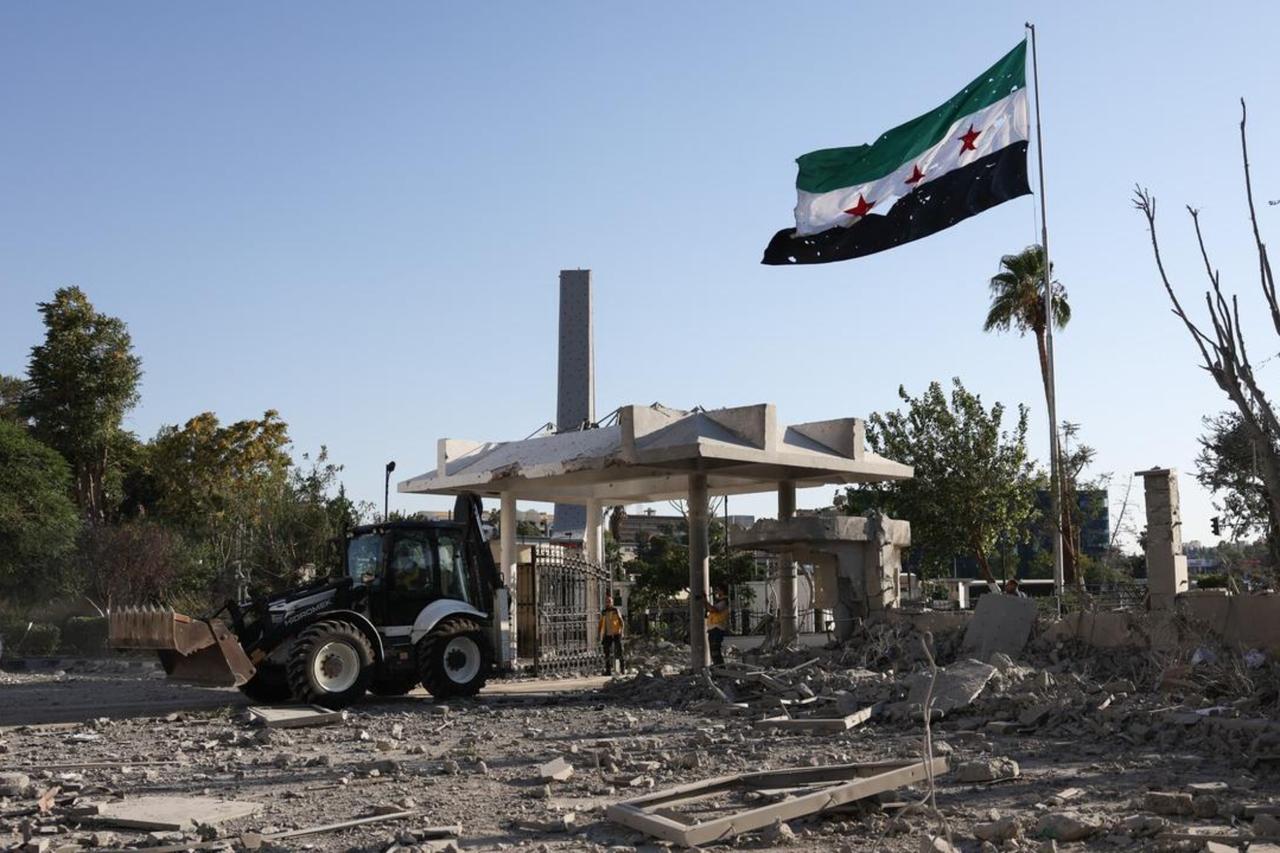
Israel’s recent airstrikes on Syria’s presidential palace and defense ministry have marked a dangerous escalation that further isolated it in the Middle East. Coming after global outrage over the heavy civilian toll in Gaza, Israel’s claim to protect the Druze minority rings hollow.
The Druze militia leader Hikmat al-Hijri rejected peaceful integration, instead building a narcotics-linked armed group that attacked Bedouin neighbors. Rather than targeting this militia, Israel struck the Syrian state itself, crossing a red line and alienating even Damascus’s critics.
The genocide narrative collapsed when al-Hijri sought protection from the Syrian government he had accused of extermination. Trust in Israel among Arab states plummeted, with Saudi Arabia freezing normalization talks after the strike undercut Riyadh’s efforts to rehabilitate Syria.
Under pressure and after going against U.S. wishes, Israel eventually had to allow 'limited' Syrian government forces into Sweida. Meanwhile, Syrian President Ahmed Sharaa outmaneuvered Israel by withdrawing forces and letting tribal Bedouin militias dismantle al-Hijri’s faction without firing a shot. Israel’s strike failed strategically and deepened its diplomatic isolation.
Coming just after Israel’s Gaza, Lebanon, and Iran campaign triggered international outrage, the Damascus strike caught even Israel’s quiet regional partners off guard.
The decision to bomb the seat of power in a country that hadn’t moved against Israel marked a dangerous departure from past red lines. In doing so, Israel not only alienated its remaining regional allies but also cast serious doubt on its credibility as a security actor, deepening its diplomatic isolation and complicating normalization efforts that were already under strain after the Gaza war.
The fallout from Israel’s ongoing Gaza offensive still hangs heavy over its standing in the region. With tens of thousands of civilians killed, many of them children, Israel’s claim of justified self-defense after the Oct. 7 attacks has found little sympathy abroad.
Instead, the scale of civilian losses has deepened Israel’s isolation, particularly among governments and societies once open to cautious engagement. Against this backdrop, Israel's positioning itself as a protector of human rights in the name of the Druze has struck many observers as opportunistic, if not outright cynical.
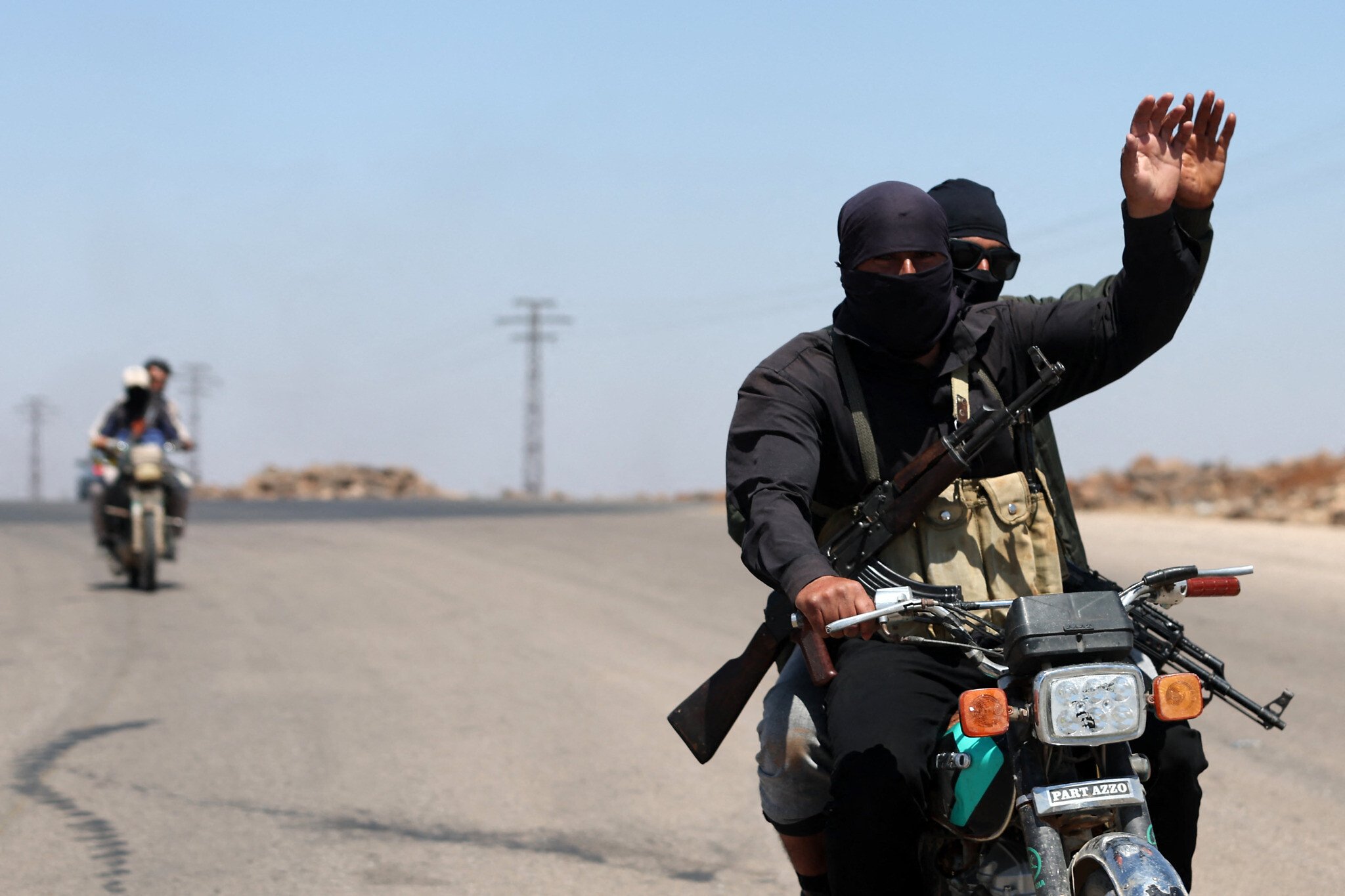
The case of Sweida offers a stark example of the region’s shifting fault lines. For months, Damascus extended offers of peaceful integration to the province’s Druze leadership, including that led by Hikmat al-Hijri.
Those efforts were repeatedly rejected. Instead, al-Hijri built a parallel armed force, a militia entwined with local drug traffickers and former regime-linked criminals. Reports from the ground point to militia involvement in attacks on neighboring Bedouin communities.
For Damascus and many in the region, this was less about minority rights and more about a warlord backed by Israel seizing power under the cover of community defense, which is a pattern seen too often in Syria’s fragmented landscape.
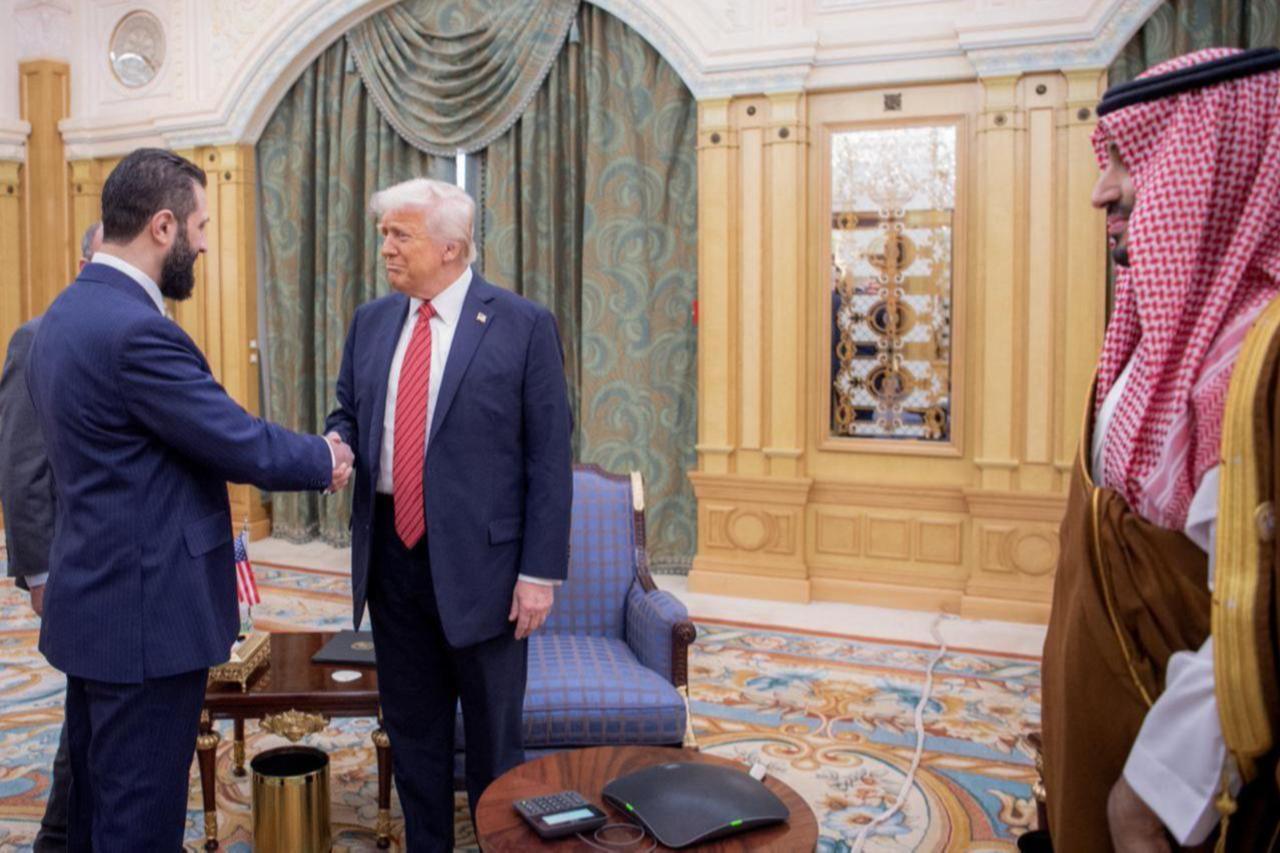
What set this episode apart was Israel’s decision to go beyond targeted strikes. Rather than confining its operations to militia-linked positions, Israel hit the heart of Syrian sovereignty: the presidential palace and the ministry of defense in Damascus.
The airstrikes marked the first time in Arab-Israeli conflict history that Israel directly targeted Syria’s recognized head of state, a leader who, notably, had taken no direct action against Israel. The optics of the attack were compounded by Israel’s own defense minister appearing to flaunt the operation on national television.
The move alarmed even those skeptical of Syria’s government, reinforcing concerns that Israel was pursuing a strategy of open escalation rather than calculated deterrence. Israel’s decision to target Syria’s central government, rather than the Druze-held areas it claimed to be protecting, further exposed the contradictions in its stated motives.
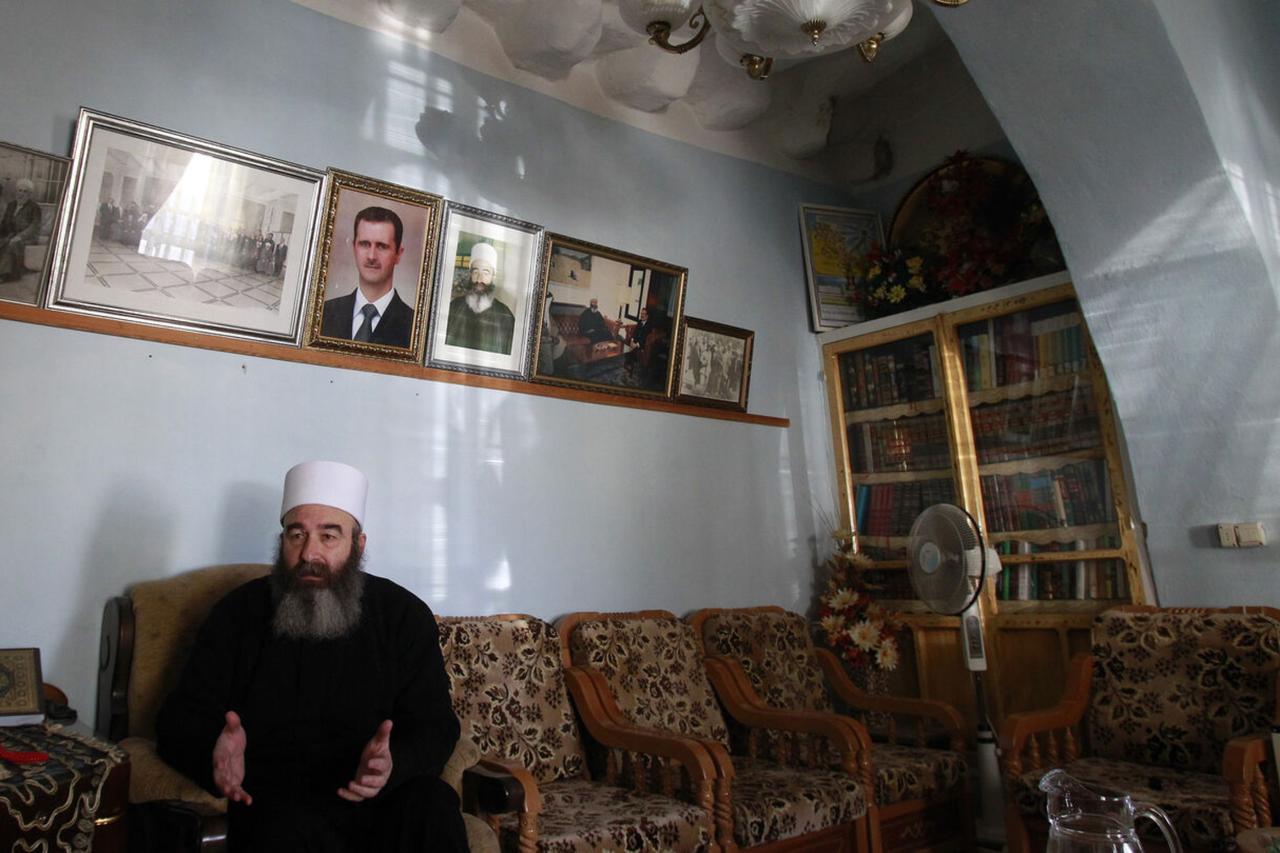
The narrative that a genocide against the Druze was imminent, echoed by both the Druze militia leader and Israeli officials, unraveled almost as quickly as it was broadcast. In a dramatic turn, al-Hijri appealed directly to Sharaa for protection from tribal forces advancing on Sweida.
The same leader who, days earlier, accused Damascus of plotting his community’s extermination was now seeking its protection. The reversal exposed a credibility gap, casting doubt on the narrative Israel used to justify its intervention and raising questions about who actually stood to benefit from external meddling in southern Syria.
The diplomatic damage was immediate and significant. While individual Israelis may still command goodwill, trust in the Israeli government across Middle Eastern capitals is at a low point.
The Gaza war had already put Saudi-Israeli normalization talks on ice. The Damascus strike may have ended them altogether, at least for the foreseeable future.
The blow to Saudi interests was direct. Riyadh, alongside Türkiye, had quietly backed Syria’s slow reintegration into the regional fold, lobbying for its political rehabilitation. Israel’s strike on the Syrian capital, broadcast across Arab media, was seen not just as a military move but as a calculated affront to those efforts.
Israel’s gamble in Damascus has left it looking increasingly isolated; meanwhile, Bedouin tribes across the Arab world watched as their Syrian kin were murdered en masse by al-Hijri’s militia.
The result: a region edging back toward polarization, with Israel facing growing diplomatic headwinds and fewer willing partners at the table.
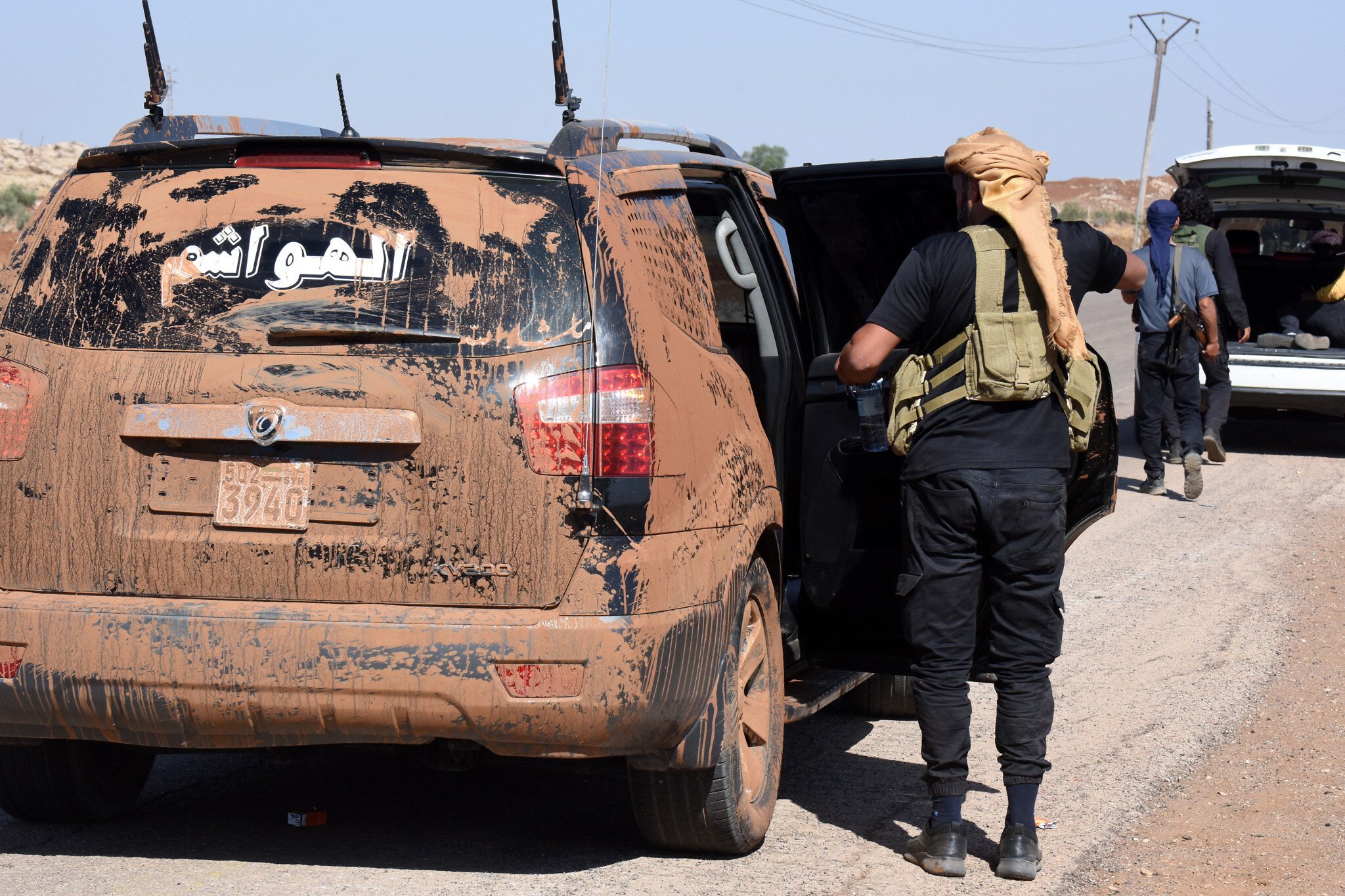
Al-Shara, faced with Israeli pressure to pull his forces back from Sweida, made a calculated move: he withdrew, anticipating that al-Hijri would implode without state control. The outcome unfolded almost predictably. Al-Hijri’s militia launched brutal attacks on Bedouin tribes, sparking a massive backlash.
In the absence of Syrian forces, tribal justice filled the vacuum. Forty-one tribes, reportedly mobilizing almost 100,000 fighters, rose against the militia. Sharaa didn’t need to intervene directly.
By stepping back, he allowed local dynamics to dismantle the threat in a way foreign powers couldn’t. The message was clear: in Syria today, it’s either state authority or chaos. And in this round, Sharaa decisively outmaneuvered Israeli Prime Minister Benjamin Netanyahu, both on the ground and in the regional narrative.
In the end, Israel’s isolation was sealed by self-inflicted wounds: backing a rogue militia, proving it's either Sharaa or chaos, the erosion of regional trust, and empowering its own adversaries—all while going against the United States and clashing directly with the interests of the very Arab states it seeks to normalize ties with.